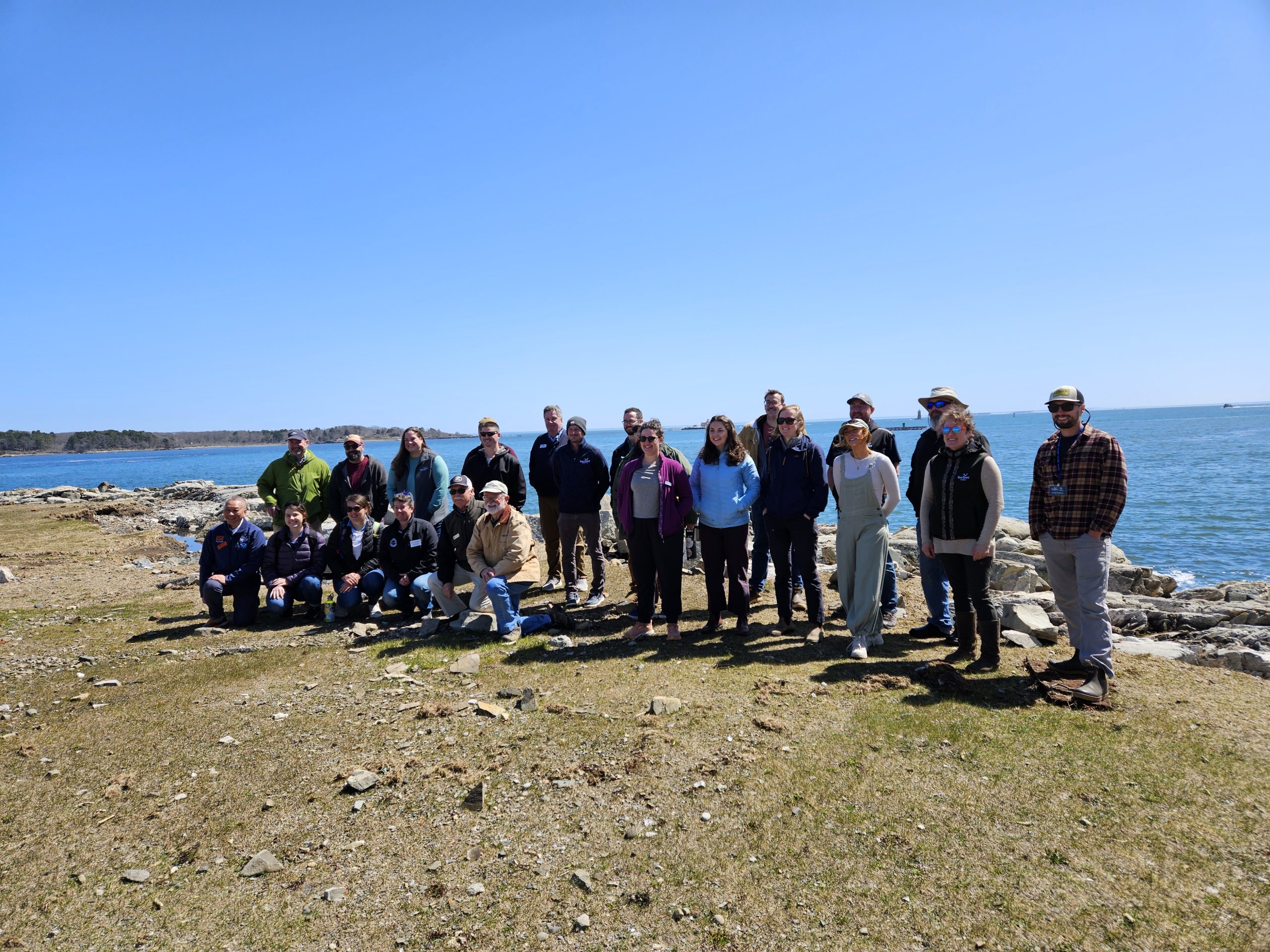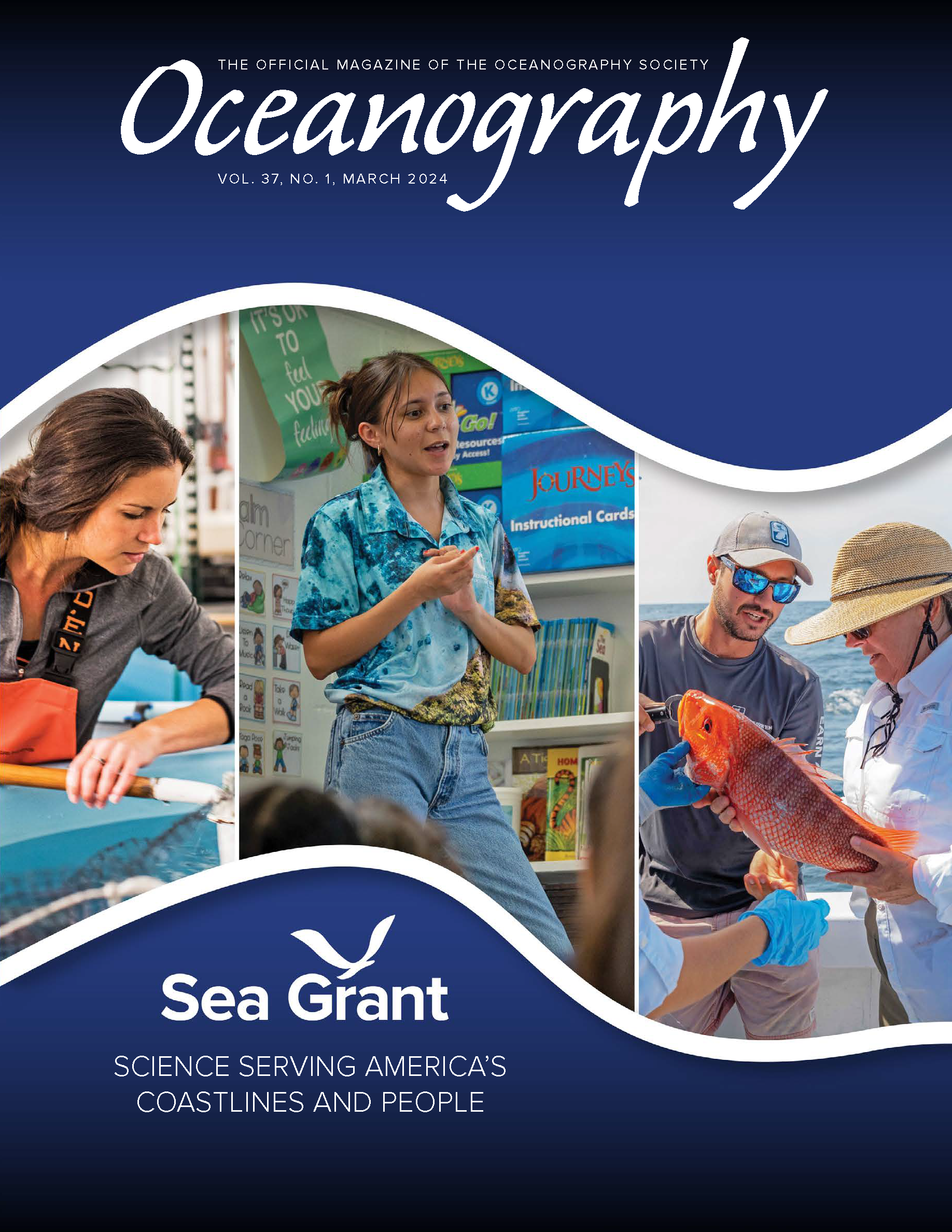By Jeffrey Brainard, Maryland Sea Grant
Graduate fellow William Yagatich learned through practice how to interview people effectively for his sociological research about efforts to restore the Chesapeake Bay. He also learned on the job an even more important task: being a new father to an infant girl.
Yagatich wrote about the similarities between the two endeavors – both required patience and trial and error – in a post he wrote for Maryland Sea Grant’s blog, Fellowship Experiences.
The blog, begun in mid-2014, is written by and about fellows funded by Maryland Sea Grant, and it represents an unusual, successful experiment within the Sea Grant network in the realm of professional development. So far the blog has received 30 posts written by almost as many different students. Many of these posts have gone on to become some of the most popular content on Maryland Sea Grant’s website, attracting hundreds of online views and interest on social media.
All fellows funded by Maryland Sea Grant are required to write at least two posts per year. The fellows are encouraged to describe their research and graduate-education experiences for a general audience including non-scientists. The experience offers an early taste and practice in public communication and outreach, a skill that is useful for scientists to secure attention and funding from funders and policy makers.
Blogging for a general audience requires the fellows to use a writing style different from formal academic writing, with its focus on scientific methods and results, with which many fellows are more comfortable and familiar. Staff members from Maryland Sea Grant’s communications staff guide the fellows by editing their drafts and encouraging them to express themselves in a more personal way. As a result, many fellows have offered anecdotes and reflections that illustrate how the realities of graduate school can differ from their initial expectations. Students have written about a range of professional development issues, like how they chose dissertation topics, how to get the most out of attending scientific conferences, and how to prepare for news coverage of a scientific journal article’s findings. Students also provide photographs and graphics to illustrate their points.
For Yagatich, this kind of professional communication “was a big hurdle for me. I’m always writing for an audience that knows the jargon” of sociology. The blog’s editors encouraged him, for example, to find a plain-language alternative for some sociological terms like “actionable issues.”
Yagatich says the experience taught him that “being able to effectively communicate to the public what you’re researching and what you’re passionate about is important.” He also learned “to be more comfortable about not getting so tied up in the details. It’s more about getting an idea across to a general audience.” To that end, he says, writing blog posts “was challenging and refreshing at the same time. I was grateful for the opportunity to have that outlet.”
See the Fellowship Experiences blog at http://www.mdsg.umd.edu/fellowship-experiences.


